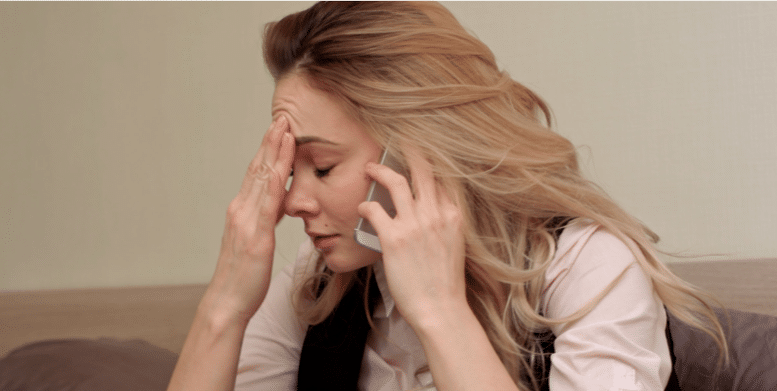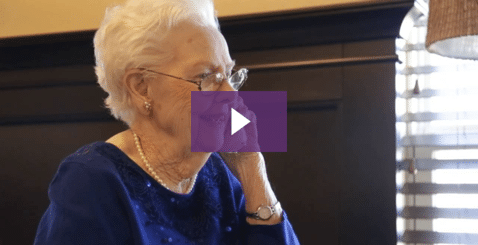 Long-distance caregiving is a growing and challenging trend for adult children. The Pew Research Center estimates that one of every 8 adults between 40 and 60 is raising children while also helping aging parents who live with them or nearby. An additional 7-10 million provide and oversee help for parents from far away.
Long-distance caregiving is a growing and challenging trend for adult children. The Pew Research Center estimates that one of every 8 adults between 40 and 60 is raising children while also helping aging parents who live with them or nearby. An additional 7-10 million provide and oversee help for parents from far away.
Every aspect of caregiving is harder from a distance – from determining the care needed, to finding good local care providers, to managing the quality of care. Perhaps the greatest challenge for long-distance caregivers is knowing when a senior needs help. Often a loved one sounds perfectly fine on the phone and perhaps in emails or letters. At the same time, they may be missing meals, bills, friends, or even medications.
Other challenges include finding reliable in-home care, knowing when it may be time to move to a safer and healthier environment like assisted living, and being absent when a parent’s life may be ending. Many long- distance caregivers feel guilty about not doing enough and can find it difficult to take time off work, be away from family, and afford the costs of travel.
A good way to meet these challenges is to generate a solid care plan for the senior. The Family Caregiver Alliance Handbook for Long-Distance Caregivers contains timeless advice, including a step-by-step guide for families to:
- Assess the care status
- Develop a care team
- Hold a family meeting
- Access local agencies
Those are steps toward determining what help the senior needs, how much assistance is needed, and the best ways to get it. Is help needed with Activities of Daily Living (ADL), such as dressing, bathing, mobility, or toileting? What about cooking, shopping, household tasks, laundry, taking medications?
There are also emerging technologies benefiting long-distance caregivers and their loved one, such as monitoring systems, electronic reminders, and telehealth visits to replace some in-person medical visits. Customizable phone monitoring services such as teleCalm prevent inappropriate calls. Smart medication dispensers reduce the risk of medication errors. Many of those technologies offer protection for seniors and transparency for their advocates.
Overseeing care of loved ones from afar increases emotional and psychological stress. Many community and online resources, support groups and organizations offer help and guidance. Though each person’s situation is unique, with the right support from others, as well as the senior’s involvement wherever possible, the long-distance adult child can find peace of mind knowing their aging parent is safe and cared for.
Editor’s Note: This article was submitted by Greg Dodd, CSA, and John Alagood, CSA, CPA, CDP, both with Senior Care Authority. They may be reached at (469) 297-2868 or john@seniorcareauthority.com.
Questions?
Call 888-701-0411
Talk with our US-based Customer Success team.
Let us know what you think.
We’re here to help you!


